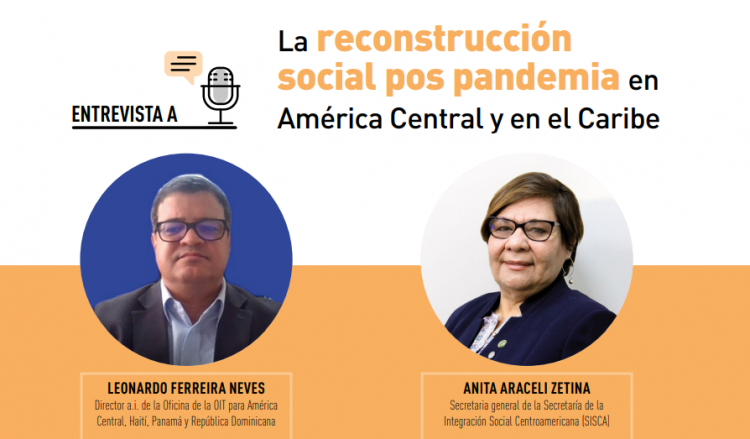Article by Fernando Fantova, social consultant

When it comes to identifying and articulating the broad types of agents that exist in the different spheres into which economic activity, public policy or social life is organised, the community would be the space of primary relationships; the market, the place where the goods are priced; the State, the body that can exercise coercive power, and; the social initiative or third sector would be an intermodal station that emerges between the community, the State and the market, in principle using solidarity to strengthen society’s capacity as a whole in a system made up of subsystems, to take charge of complexity, while paradoxically increasing social complexity itself.
Within the reference frameworks now predominant in the field of social and other public policies, technological innovation (more directed at what) and social innovation (more directed at who), go hand in hand by generating, through technology, operational, management and governance processes better able to articulate co-production and synergies between the different layers of agents. For this reason, those considered social innovation are usually participatory initiatives linked to technological innovations and (at least in part) virtual communities, driven by networking and the meeting of diverse traditions, knowledges, disciplines and organisational and sectoral realities, often proposed as pilot projects or start-ups that can then be scaled up.
Social innovation approaches emphasise listening to users or recipients and in general to all agents (speaking of open innovation, co-design, co-production, and co-creation). They intentionally, actively, collaboratively and reticularly promote creativity; they play with the visualisation of systems and solutions, and; they work with prototyping processes and rapid experimentation.
In the growing social complexity, social innovation in public policies seeks fundamentally to build reliable transactions and to avoid, as far as possible, the costs of regulation, management, control and sanction generated by opaque systems in which institutionalised distrust reigns. We are not at a time when the main debate is about the size or scope of social policies or social investment (as important as this debate might be), but rather in a situation of systemic rethinking of the network of social contracts at a global and local scale, social contracts for the sustainability of life that can only be built, tested, rebuilt and consolidated through innovation, participation, cohesion and trust at micro and macro scales, in processes whose traceability and relationality based on knowledge become the best antidote to the threats of manipulation and authoritarianism that lie in wait for us.



